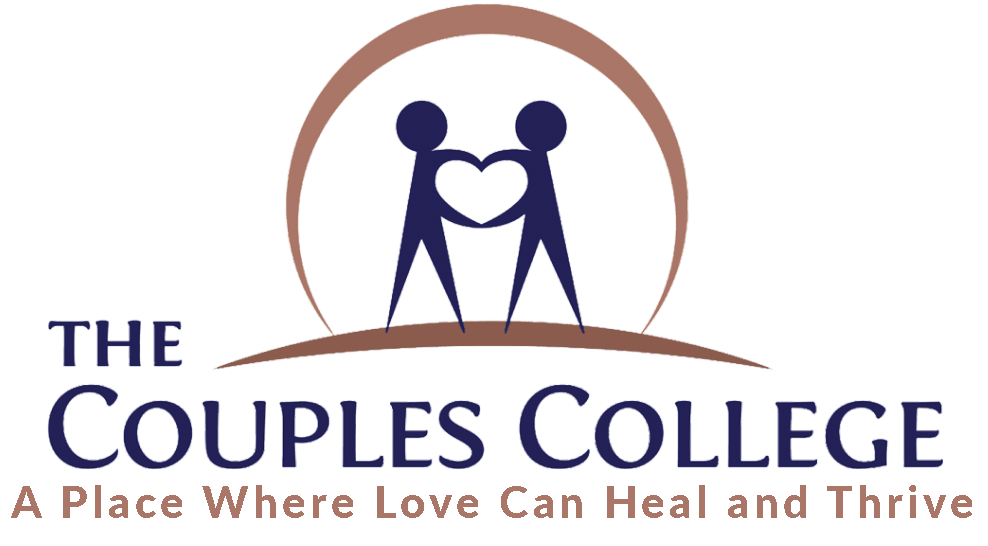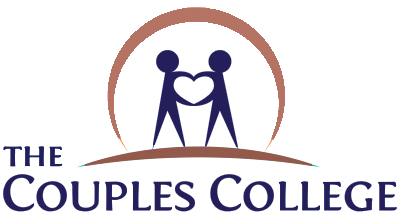
The Number One Reason Relationships Fail – October Couples TIP
The number one reason relationships fail is not because we fall out of love, we’re too different, or we’ve grown apart. It’s because there are too many Failed Bids. Are you responsive when I reach out to you for affection, connection, conversation, help, or need something to change? Do you lean in, really listen, turn off the TV and focus on your partner?
When we don’t lean in, these five things begin to happen.
- There’s a feeling of a disparity in Power: “Your needs are more important than mine!”
- We end up feeling alienated, lonely, and uncared for: “You don’t care about my needs” or “You don’t listen to me.”
- I feel unimportant. “You don’t know who I am” or “You don’t value who I am.”
- There’s a decrease in reaching out to get my needs met
- What I need from you gets smaller. I lower my needs.
How do we begin work on this? The first step is an insight into who we are and why we don’t lean in when partners seek connection. There are four primary ways we are shaped around our ability to be responsive and empathetic to another’s needs,
- through modeling, what did we witness growing up in our families?
- through experience, how did parents or loved ones turn towards us?
- injury/ trauma, which creates a form of self-protective behavior.
How did I learn or not learn the skill of turning towards and meeting my partner’s bids? You can try the exercise below with your partner. Always be compassionate, caring, and nonjudgemental about what you learn.
With your partner, could you decide who A is, allow that person to go first, and answer the following questions? As the speaker, let yourself look deeper into your history. As the listener, hold a space of curiosity and attention; please stay out of judgment or answer for your partner unless they ask for your help.
- When you were hurt, angry or sad, who would you go to? How did this person respond to you? Could you let me know why you picked this person?
- How did your mother respond to your emotional needs? How did you react, feel or think about her response? What did you decide on emotional needs and whether your needs could get met? (repeat the same questions about your father).
- Did either parent have mental health issues, alcohol, drug or work abuse, illness, death, divorce, anger, or violence problems? How did this affect how either parent emotionally related to you or what you experienced in your home?
- When you had needs, were you able to ask for them? What behaviors did you do to get your needs met? Did you decide your needs were not welcomed?
- How did your caretakers respond to your needs? Were they slow, dismissive, resistant, unavailable, angry, absent, or inconsistent?
- What was your parent’s relationship like? Was it stable, unstable, or inconsistent? How did this affect you as a child?
- How is your relationship stable, unstable, or inconsistent? How does your relationship affect you?
- How do you ask for your needs in this relationship? How does your partner respond to your needs?
- How do you respond to your partner’s emotional needs? Do you react to your partner’s emotional needs in ways that are similar to your mother/father? How do you imagine this makes your partner feel?
Enjoy and keep dancing with the person you love,
Allie Caffyn, LPC Owner The Couples College



